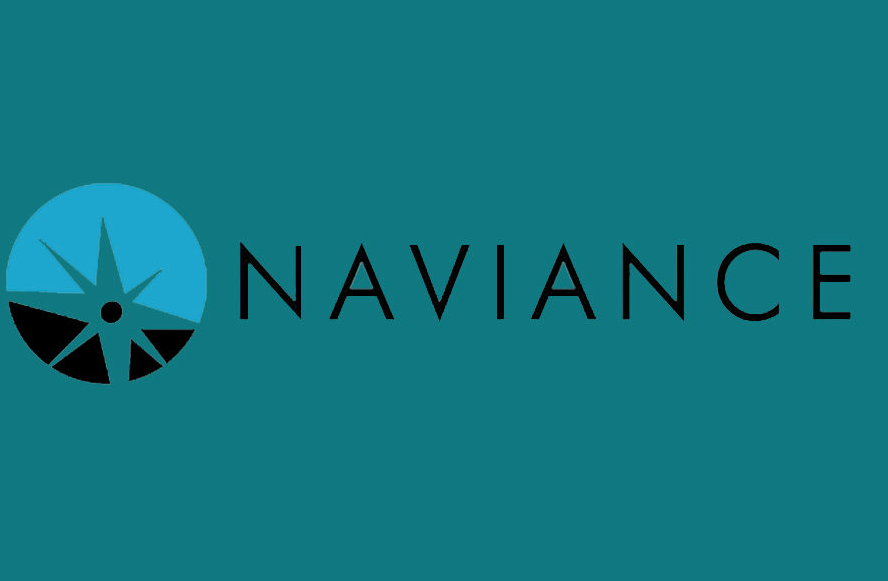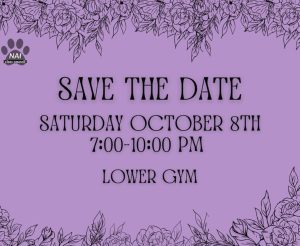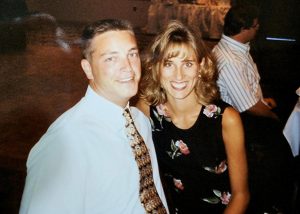The Dreaded Question : What Do You Want to Do When You Grow Up?
Naviance has become a symbol of anxiety about the future for some students.
January 20, 2022
Just a few years ago highschool students all throughout North Allegheny School District (NASD) were sitting in their elementary school classrooms, writing down what they would want to do when they grew up.
NASD uses a method of integrating students’ futures within their schooling, starting as early as first grade.
They do this by introducing a “Career Portfolio”. Once, or sometimes twice, a school year the guidance counselor’s at each elementary school would visit each classroom and discuss with the kids their intentions for the future.
When Avery Butcher was asked if she thought the Portfolio was helpful she answered, “In general, I think it did. It helped me focus on what I was interested in. Is my elementary portfolio helpful now? No, because at the time I wanted to be a ballerina.”
But, this is only the beginning.
Throughout middle and high school the students are then assigned tasks to complete on an application called Naviance. Before they know it, those same first grader’s are standing on the field at Newman Stadium as highschool seniors, throwing their caps into the air. Then, they are off to their respective futures.
It’s an age-old question. Everyone has probably been asked hundreds of times, yet the answer never seems to become easier. What do you want to do when you grow up?
As students struggle through the balance of their school lives, extracurricular activities, and even for some work lives, they are constantly thinking about their future. For most kids, they have been taught since the beginning of their education that every A on a test matters, and one B could be the deciding factor between getting into a good college or not.
Sophomores Caileigh Duffy and Butcher both said they feel pressure to get A’s in all of their classes. When in the end the important part of highschool is not the grades in your report card, but rather the knowledge you take away in the end. The question of your future being asked over and over again, can add a lot of extra stress into a student’s life.
But some students don’t see the question as daunting as others. When asked about her future Duffy said, “I want to do something that makes me happy, whatever that may be.” But, some may view the question of their future as a challenge.
Some may already know their exact answer, such as Butcher. When asked the same question as Duffy she responded, “I see myself in an office.” Some even see it as just another conversation thinking that it won’t affect them until much farther into the future, but the truth is time always goes by quicker than it seems.
No matter if someone stresses about their future or not, sooner or later the time will arrive where they need to make a decision that may affect them for the rest of their life. Butcher says , “I get stressed about my future because it is so uncertain, I do not know what I want to do, where I want to go to college, and what I want to achieve once I’ve figured those things out.”
Some students think and stress about their future nonstop, but some may not at all. When Duffy was asked how often she thinks about the future, she answered, “Not very often, maybe once in a while, but I don’t stress about it too much.” Whereas Butcher is quite the opposite, she mentioned, “I think everyone thinks about their future a lot. I personally think about my future when I’m in class. I think about if I like what I’m learning and if I would like doing this for the rest of my life.”












